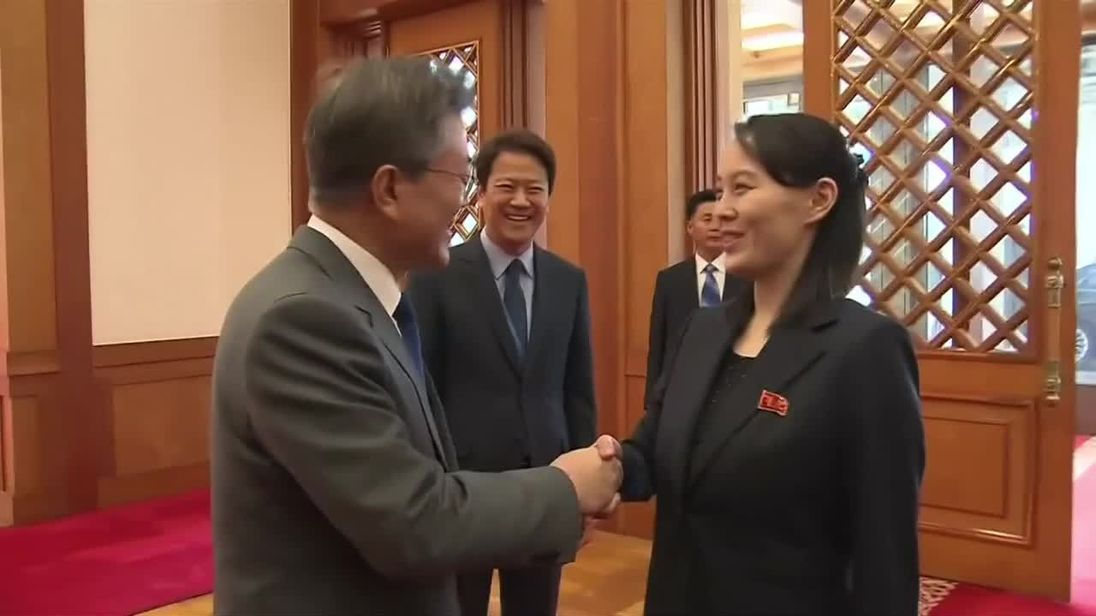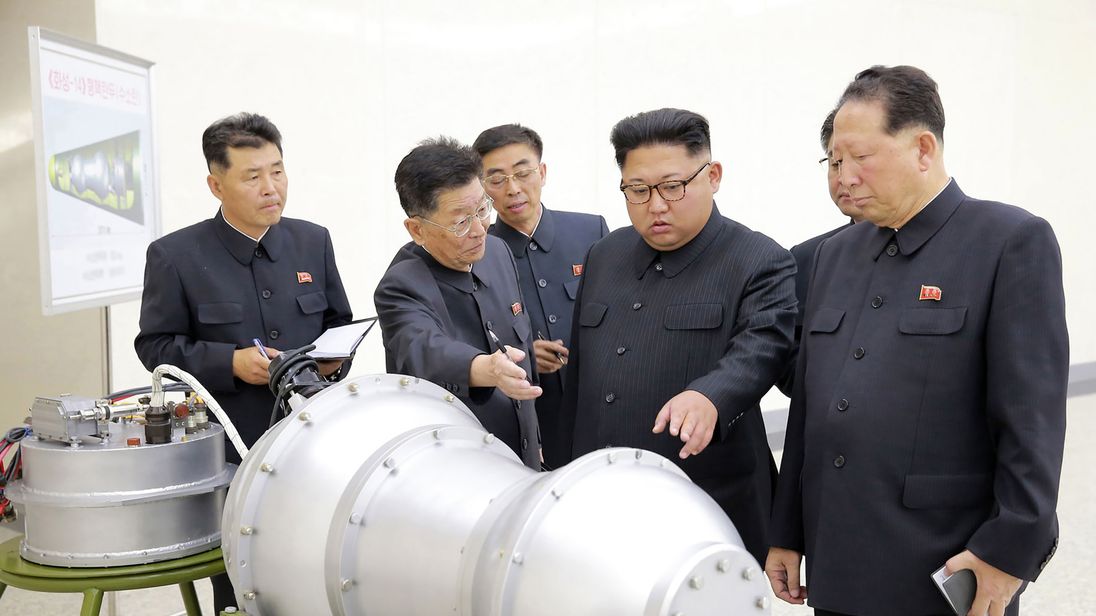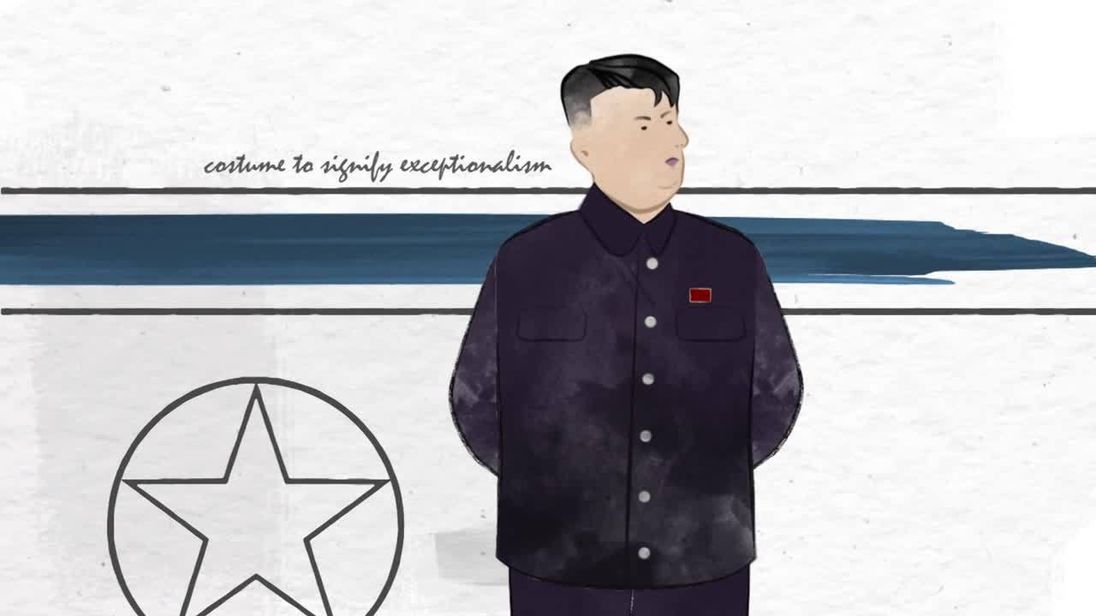Donald Trump has astonished the world again.
After months of high stakes inflammatory rhetoric with his North Korean counterpart, he has accepted an invitation to meet the man.
It is, many analysts agree, a gamble. What else should we expect from the casino-building tycoon?
But even the hardest of diplomatic veterans admit, nothing else has worked.
Bill Richardson has been to North Korea eight times. He is from the opposite end of the political spectrum to the Republican President but he told Sky News he is still prepared to see Mr Trump give it a go.
He said: "Things have not worked in the past, there's no question.
"Something new is being tried but it's untested whether it's going to work.
"What I worry about is the North Koreans setting us up for a trap because we're not prepared or we're exceeding expectations but it's a gamble worth taking."
A gamble indeed.
On the plus side, most observers had expected the opposite by now.
After a brief thaw in relations during the Winter Olympics, it was thought the North Koreans might restart missile and nuclear tests with a predictable incendiary response from the US President.
What is also encouraging is that North Korea has, for now it seems, got over its objections to joint US-South Korean military exercises, a major stumbling block in the past.
But the state of Donald Trump's readiness for such a historic encounter is causing anxiety attacks in the Washington foreign policy establishment.
:: Who said what? Donald and Kim's war of words

Comparisons are being made inevitably with another historic meeting between a US president and Asian leader after years of hostility – Richard Nixon's visit to China in 1972.
He was prepared for months before meeting Chairman Mao and had highly-skilled diplomats like Henry Kissinger working with him.
Donald Trump is no Richard Nixon – not when it comes to geopolitical experience or diplomatic guile. He also has far less time to prepare and, say observers, his team is woefully short of North Korean expertise.
John Everard was Britain's ambassador to North Korea.
"They do suffer real staff problems," he said.
"They don't for example have an ambassador to South Korea at the moment. The front runner for the nomination was pulled at the last minute.
"Their main point for contact with North Korea has either just retired or is about to retire and, in general, there aren't that many people working in the administration at the moment who have had much contact with North Koreans."

Others are worried about the concessions Mr Trump has made simply by accepting the invitation.
Until now, the US has dangled the prospect of a face to face bilateral meeting of the leaders as an incentive, at the end of negotiations, but only once the North Koreans have proven their sincerity about disarming.
Veteran US diplomat Christopher Hill has spent more time negotiating with the North Koreans than any other American.
He told Sky News that President Trump should not go ahead with the meeting without clear commitments.
"The big question is if they are prepared to give up their nuclear weapons what are the details of that?" he said.
"Are they prepared to see continuous steps towards denuclearisation? We have no idea about that at this point."

Kim Jong Un's motives are a mystery.
Is he sincere or cynically playing the President seeking concessions?
Mr Trump cannot afford a summit that ends in a photo opportunity but leaves Kim Jong Un armed with nuclear weapons.
But it is inconceivable at this stage to imagine the North Korean leader giving up an arsenal of weapons his country has worked so hard to acquire and which he believes helps safeguard his grip on power.
More from Donald Trump
His invitation is undoubtedly an opportunity, but fraught with peril.
If the summit fails, the Korean Peninsula will only become even more dangerous.
[contf] [contfnew] 
Sky News
[contfnewc] [contfnewc]






